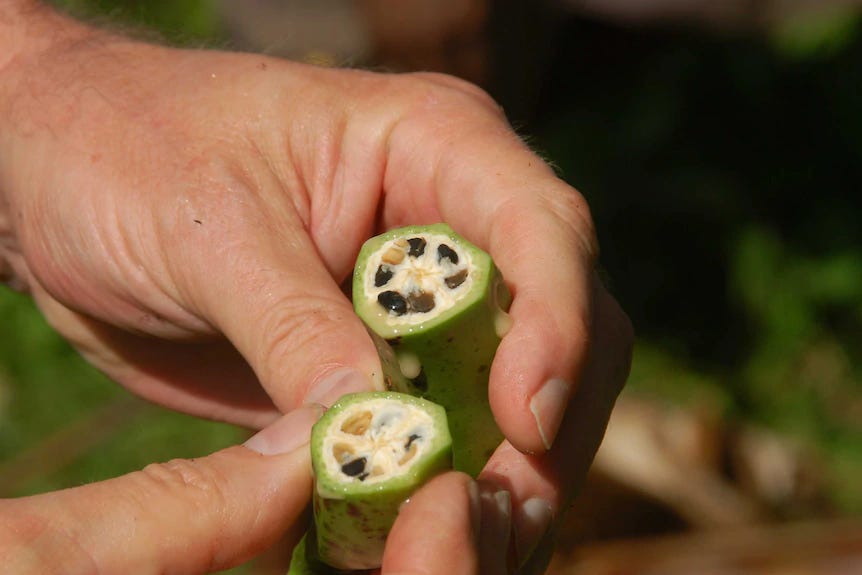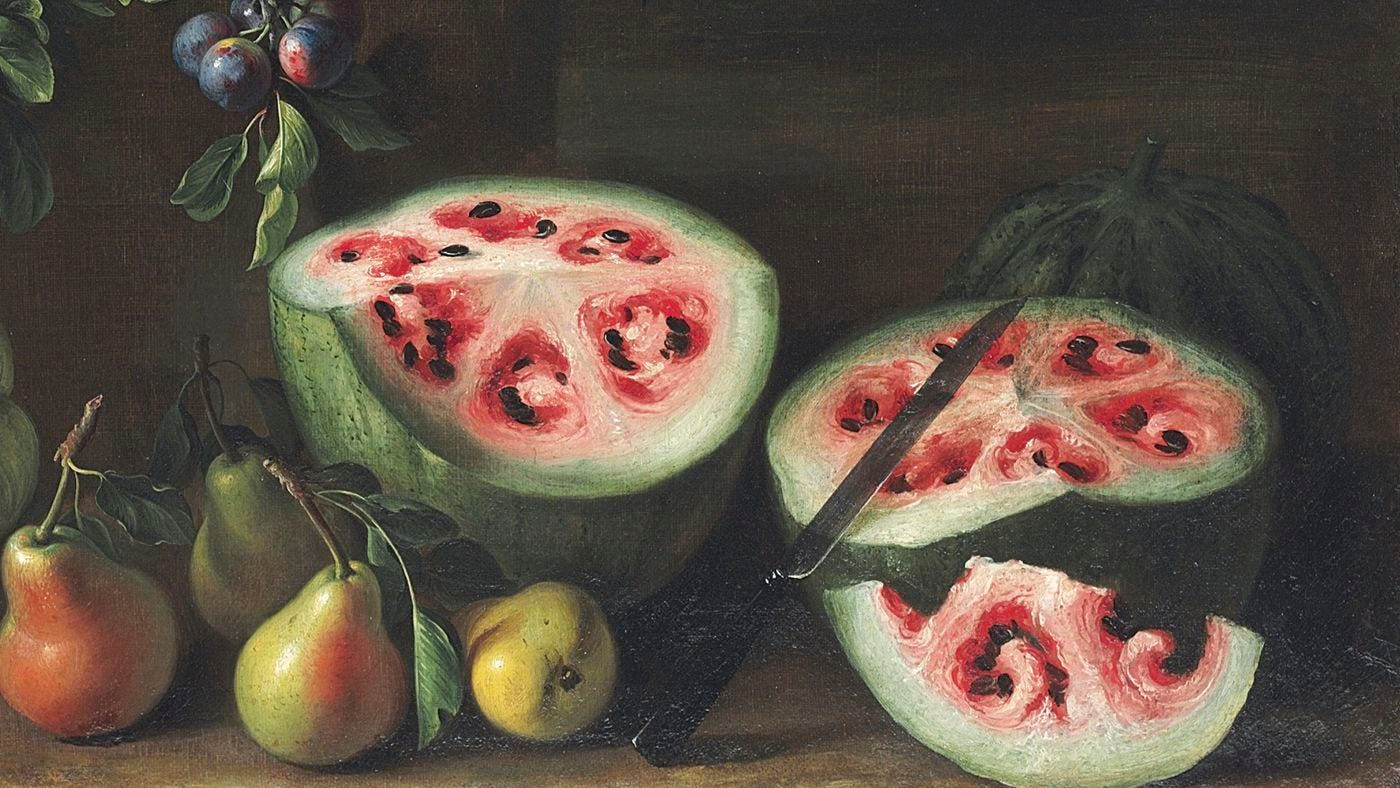Bread, butter, and the modern food environment
How we reversed scarcity and abundance
Here's why healthy eating is hard: everyone loves fats and carbs, and no one loves protein and fibre.
Think of all the magical fat-carb combinations out there. Pizza. Bread and butter. Chips and guac. Ice cream sandwiches.
Protein can be pretty good: meat, seafood, tofu. But most of us can only eat so much steak, while I can eat an almost-unlimited amount of pizza.
And no one, no ever, has said, "You know, I'm really craving fibre."
Yet all four macronutrients are essential to the human body. Why, then, do we only love half of them, and tolerate the other two? Why doesn't our body naturally seek a balanced diet?
The answer reveals a lot about our modern food environment, and how we can make the best of it.
Around four million years ago, our ancestors lived in trees, feasting on plants and the occasional berry. At some point, they migrated to the ground, and meat became a much bigger part of their diet.
Since our evolutionary line is relatively new to eating lots of meat (compared to a lion or hyena), we're actually not that great at digesting it. Unlike fat, it's impossible for your body to "store" protein for later. We either have to use it immediately, or convert the excess to glucose for energy.
Most carnivores are very good at converting excess protein to glucose, and thus can eat absurd amounts of meat in one sitting. But humans can only metabolize 200-300 grams of protein a day, maximum. If you eat more than that, your body can't do anything with it.
So if you were a primitive hunter who lived exclusively on lean meat, you would only metabolize a portion of your calories. You could actually starve to death, even while stuffing your face full of food every day.
Not good. To meet our caloric needs, we have to balance protein out with fat, which contains lots of calories and can be stored for the long term.
Our body's solution: give us a nigh-insatiable craving for the fatty parts of the meat, and really, any fat we can get our hands on. A million years later, and you can't say no to cheese.
So that explains our love of fat, and why we don't crave protein nearly as much. But what about carbohydrates and fibre?
Most of the grains we eat are processed, which removes a lot of the fibre and leaves the starch. Starch is essentially sugar; what we call "complex carbohydrates" are just many sugar molecules joined together. This is different from refined sugar, but has a similar effect.
Sugars, in an ancient environment, were super rare. Compared to modern cultivated fruit, most fruits were small and downright bland. Look at this picture of a wild banana:
And here’s what a watermelon looked like, a couple of centuries ago:
More seeds (fibre) and less sweetness (sugars).
So when our ancestors could get sugar, it was a big deal. We had to constantly be hunting for it. Our bodies developed an intense love of complex carbohydrates, and today we stuff our faces with a bunch of free bread.
Fibre got the opposite treatment. Most ancient fruits were crusty and fibrous. We also supplemented our diet with roots, tubers, and vegetables, which contained a ton of fibre. Fibre was almost impossible to avoid.
One study found that a group of modern hunter gatherers ate 100-150 grams of fibre a day. For comparison, I recently started tracking my fibre, and I had to put in effort to reach 35 grams in a day. Things have changed.
We didn't need to crave fibre because it was abundant. But now it's not.
So our ancient environment made us crave scarce nutrients, and have a neutral reaction to abundant nutrients. But over the past few hundred years, we've been able to design our food environment. Modern corporations are more than willing to meet their customers' precise appetites.
The result? Fat and carbs are now abundant. Most junk food is a fat-carb combination, with little protein or fibre. And it's delicious.
At the same time, fruits and vegetables have been selectively bred for sweetness, meaning their fibre content goes way down. Grains are now usually processed, removing the fibre there, too.
We've reversed our food environment: what was abundant is now scarce, and what was scarce is now abundant.
Modern diet/discipline culture is an attempt to mend this discrepancy. Never before have humans needed willpower to avoid eating what they craved. For most of history, we literally couldn't get enough.
So yes, it's hard. Give yourself some credit. But try to give yourself some fibre, too.



